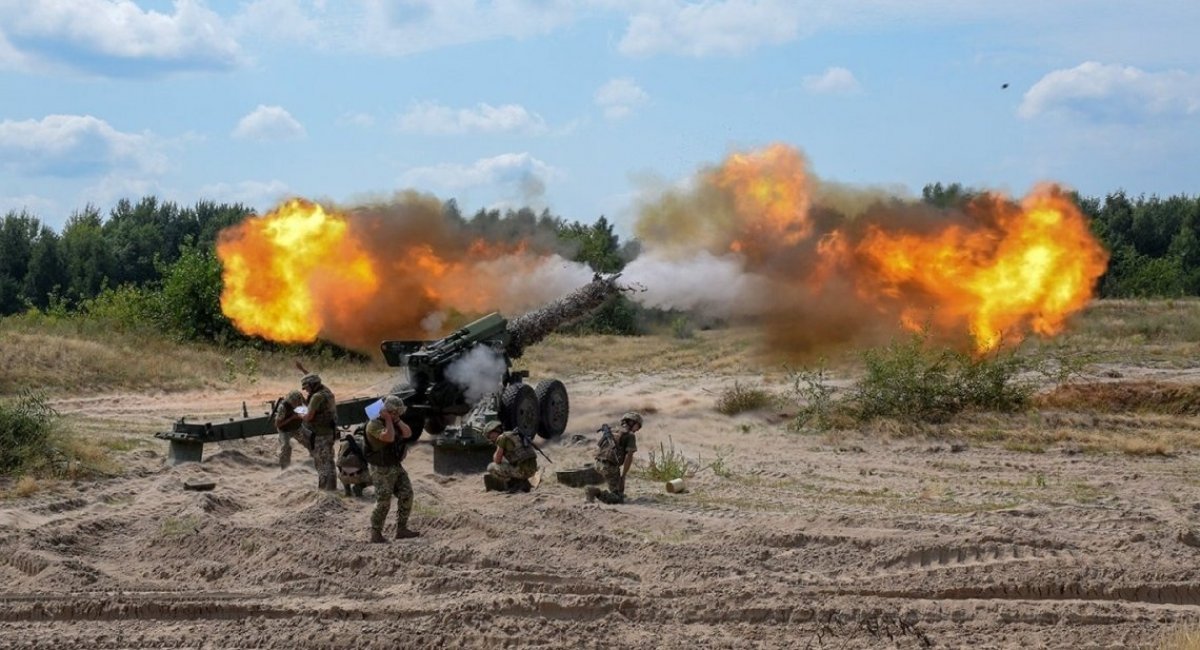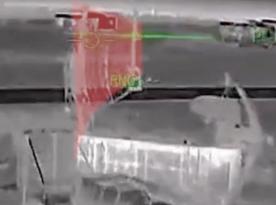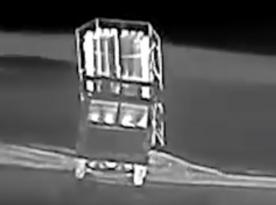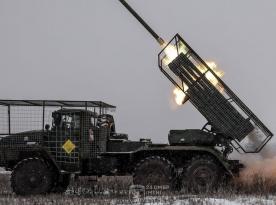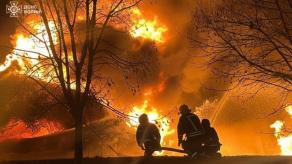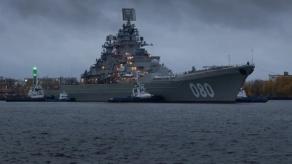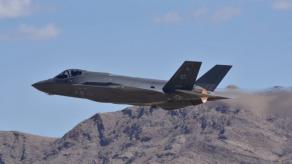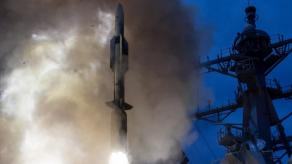Information about the significant superiority of the russian army in artillery has become one of the narratives for the last days. At first, the British newspaper Independent owned by russian Alexander Lebedev reported a ratio of 20 to 1 in artillery and 40 to 1 in ammunition in favor of the russian invaders.
After that, in an interview with The Guardian, the representative of the Main Intelligence Directorate of the Ministry of Defense Vadym Skibitsky said that Ukraine has one artillery gun against 10-15 russian ones. Then, the New York Times published a material in which they described the ratio of fire density: if the Armed Forces produce 5-6 thousand shells a day, the Russian army produces 60 thousand.
Read more: Romania Conducts Coastal Exercises with M142 HIMARS. What Ukraine Can Learn From It
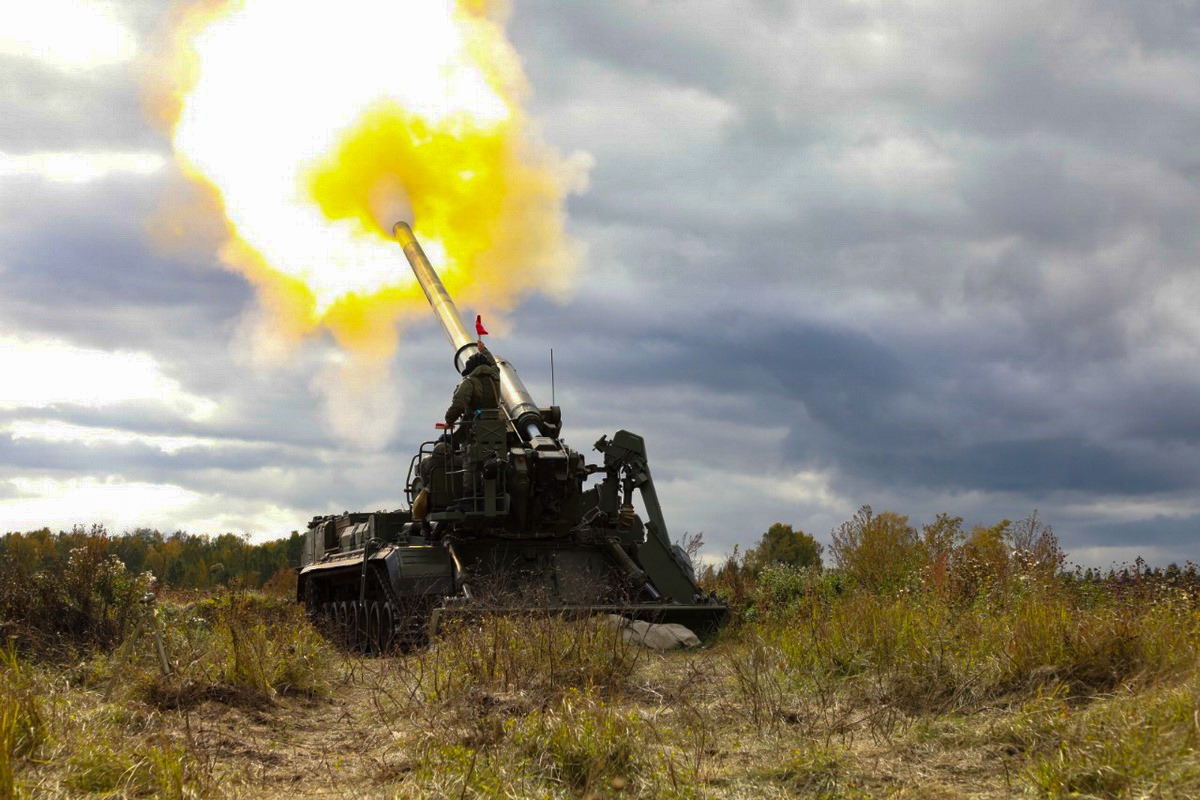
How many artillery guns Russia and Ukraine have
Taking the data from Military Balance, the situation will be as follows. By 2021, the Russian army had at its disposal 2,433 large-caliber artillery systems (excluding mortars):
- 122-mm artillery systems: 245 units;
- 152-mm artillery systems: 2,028 units;
- 203-mm artillery systems: 160 units.
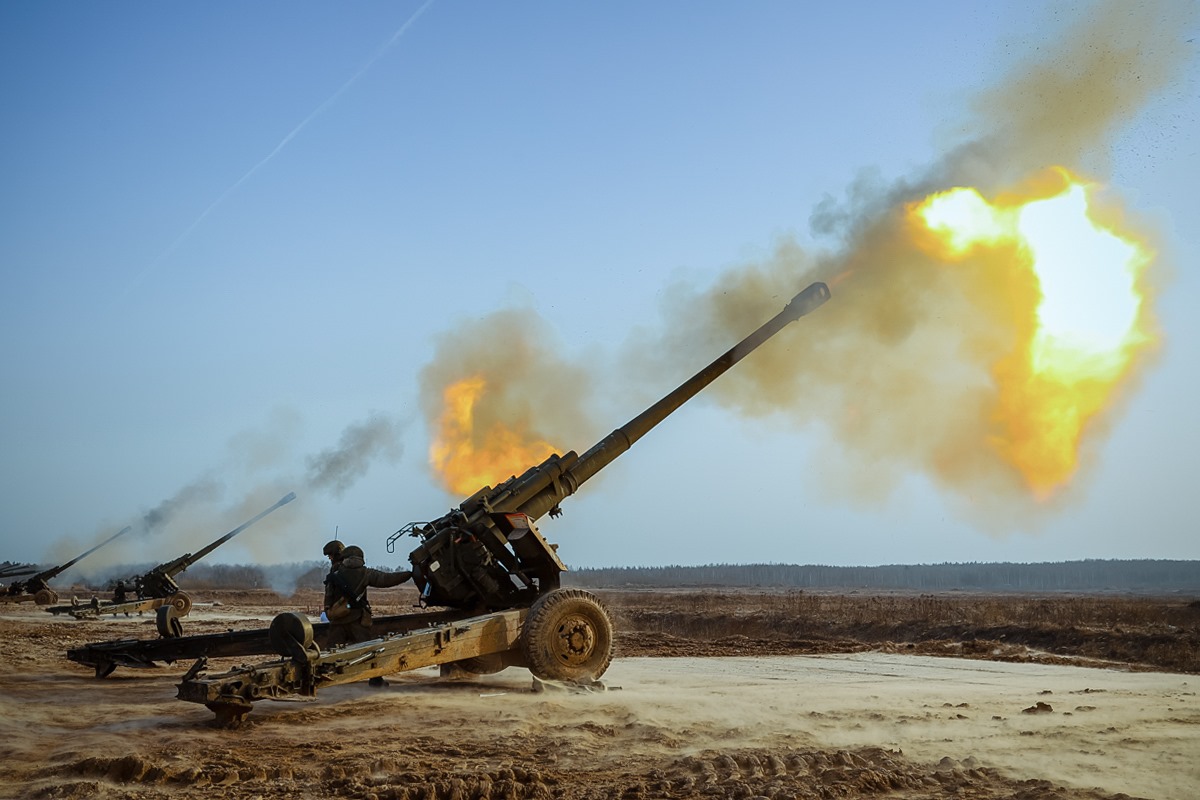
Military Balance provides data on the Armed Forces of Ukraine in the amount of 1176 units, divided as follows:
- 122-mm artillery systems: 421 units;
- 152-mm artillery systems: 742 units;
- 203-mm artillery systems: 13 units.
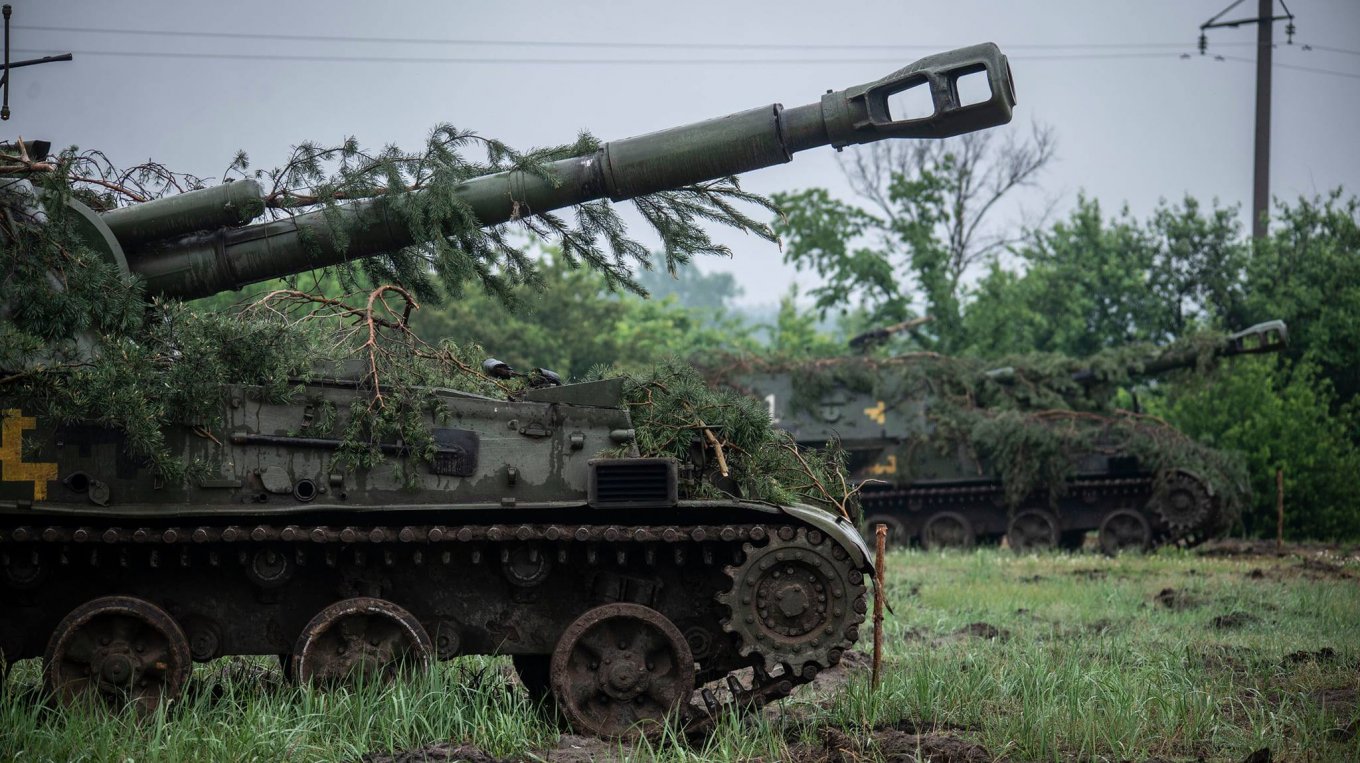
That is, the ratio is 2 to 1 towards the russian army.
To be fair, we need to consider the much greater number of Russian self-propelled guns: 2119 against 637 units. But in any case, it is difficult to talk about the advantage of 10-20 times. But the issue is in ammunition, as it does not matter how many guns you have, if they do not have ammunition. Talking bout multiple rocket launchers of all calibers comparison: russia’s 3547 versus Ukraine’s 1680.
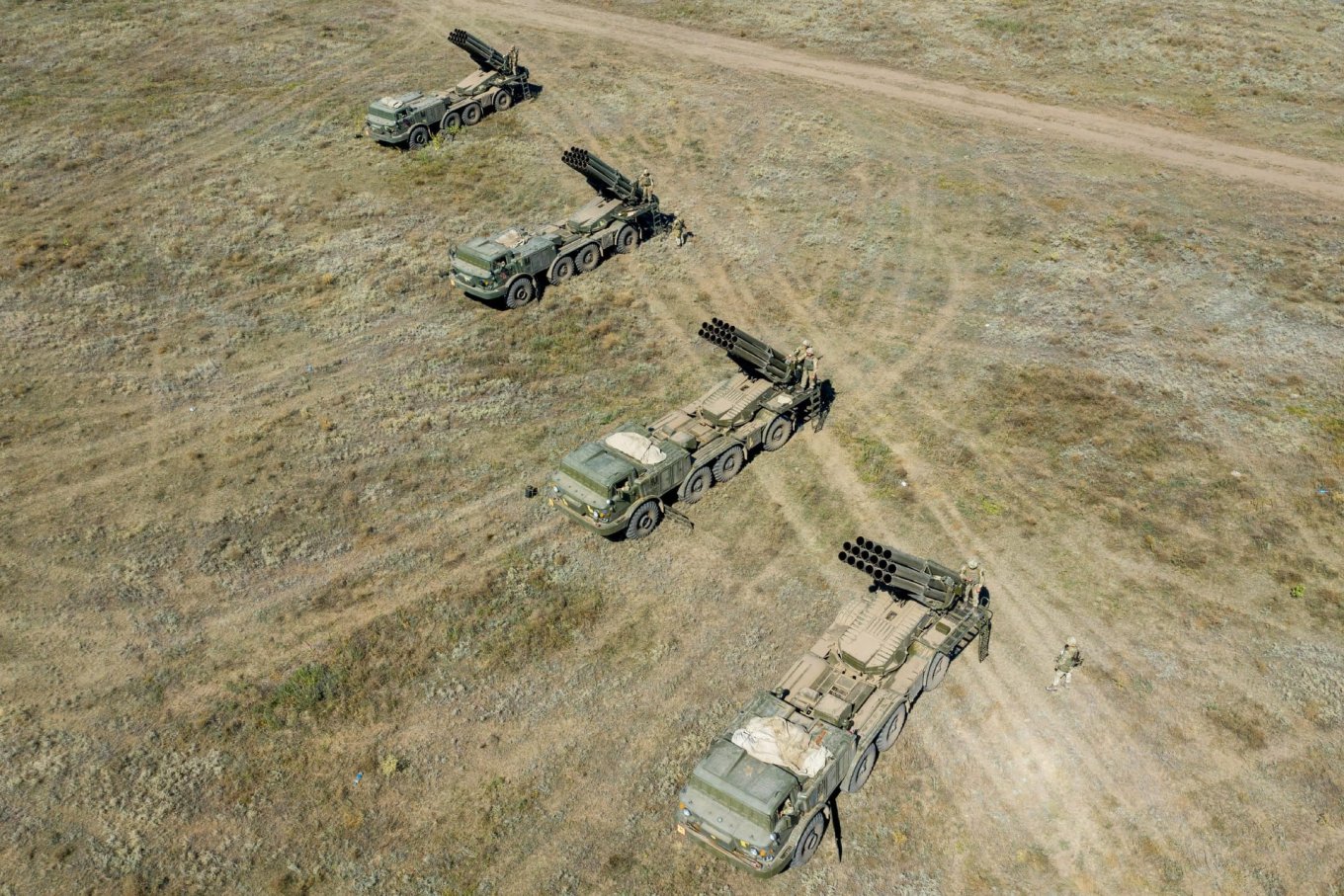
Ammunition
Due to the fact that until May all artillery in Ukraine was of Soviet standards, the question of where to get ammunition remains extremely important.
In order to o understand the situation, the Minister of Defense of Ukraine Oleksiy Reznikov said that the stockpile of 155-mm shells is already 10% higher than the stockpiles of large-caliber Soviet-type ammunition as of February 24.
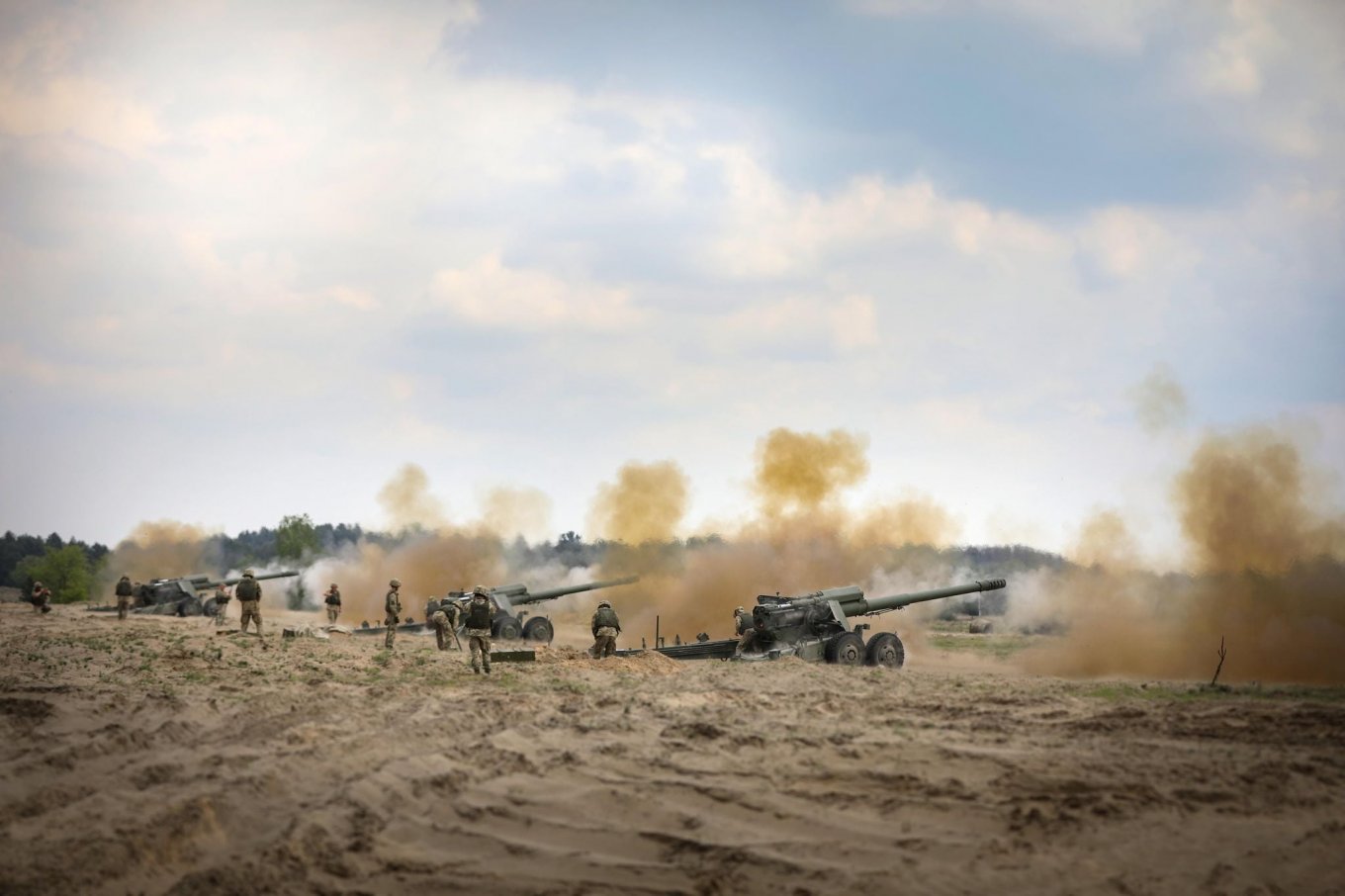
Unfortunately, it does not mean that Ukraine has a huge number of 155-mm shells, supplied by the allies. It says about the minimum amount of ammunition that had been in Ukraine before the invasion of the russian army.
The United States supplied Ukraine with 220,000 shells for 108 M777 howitzers, ie about 2,000 rounds of ammunition per gun. If the same formula applies to other foreign artillery supplies, it means that about 300 thousand 155-mm ammunition have been delivered to Ukraine.
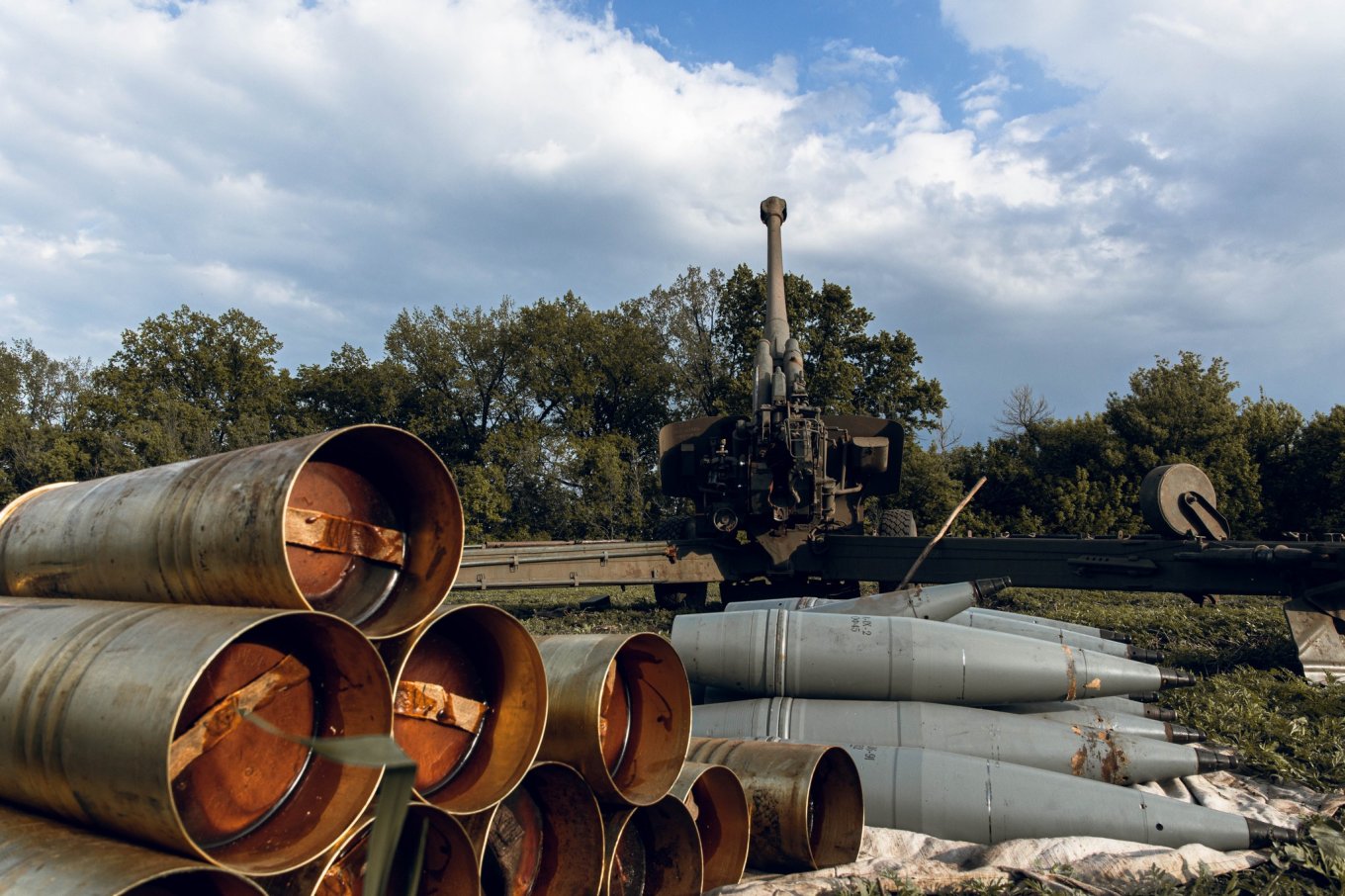
At that time, approximately the same number of Soviet artillery ammunition was in Ukraine at the beginning of 2022, that is 300 thousand shells. To this figure should be added another 75%, which were delivered after February 24, according to Oleksiy Reznikov.
Overall, there are at least 525 thousand shells of Soviet caliber in Ukraine. That is, about 10 days of fire at the pace currently held by the russian army. It is quite possible to make a mistake in these calculations, but even if it is a mistake several times, it does not make the weather.
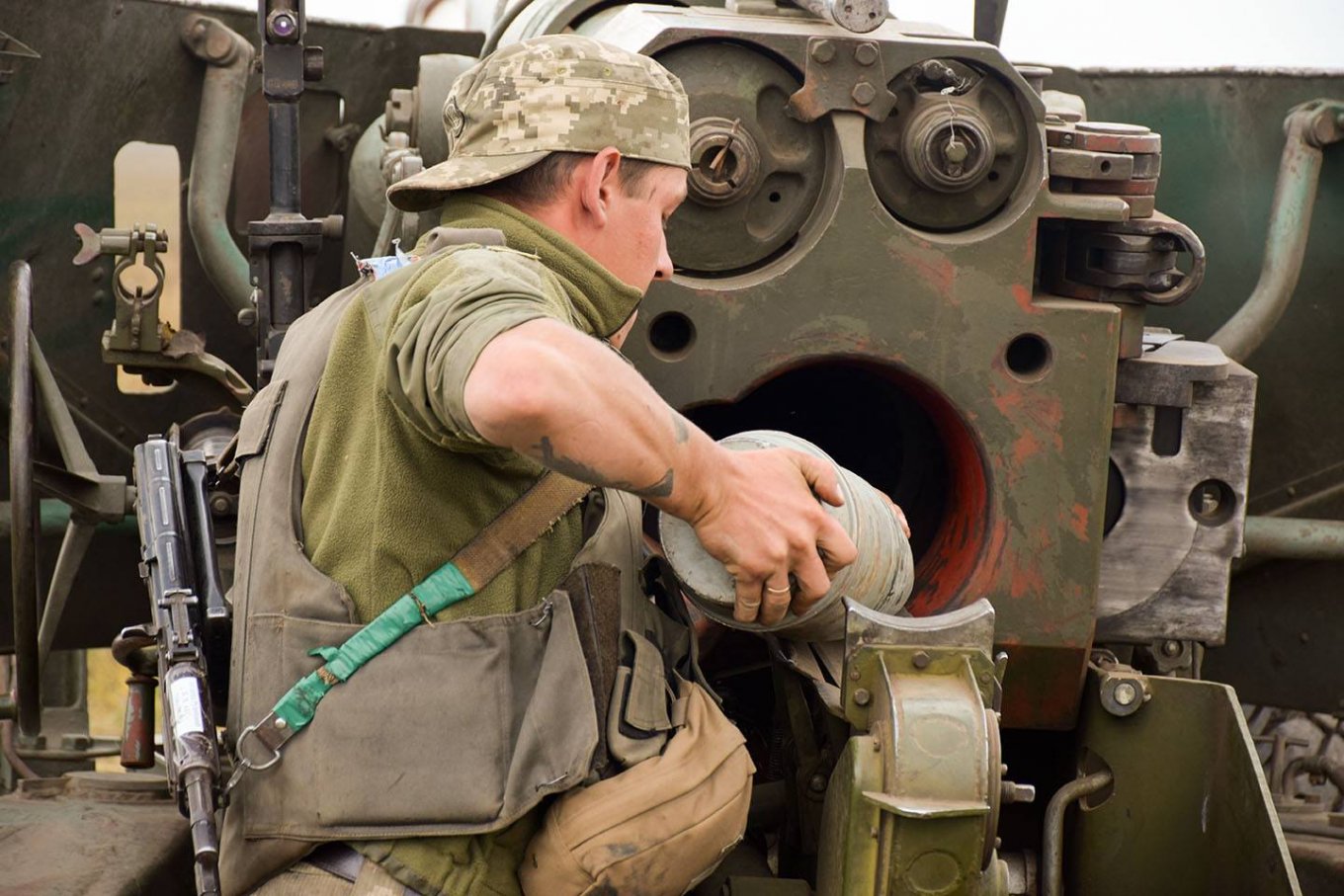
So, despite the presence of Soviet guns and SPGs, they simply have nothing to fire. Because the stocks of 122- and 152-mm shells in Ukraine and even the countries of the former Warsaw Pact are already openly "showing the bottom".
In this situation, the main burden is really borne by 155-mm artillery systems, which is used by more than 150 artillery platforms, according to Oleksiy Reznikov.
Taking into account the number of russian systems, it is not surprising that we can easily talk about 10-15 times advantage of the enemy.
And this is without taking into account losses, counter-battery fight, density of radar and drone coverage for adjustment, mobility, accuracy, and range. And that is why the transfer of 155-mm artillery systems remains one of the most important.
Read more: What Forces Belarus is Deploying on Ukraine's Border and What to Be Prepared For




